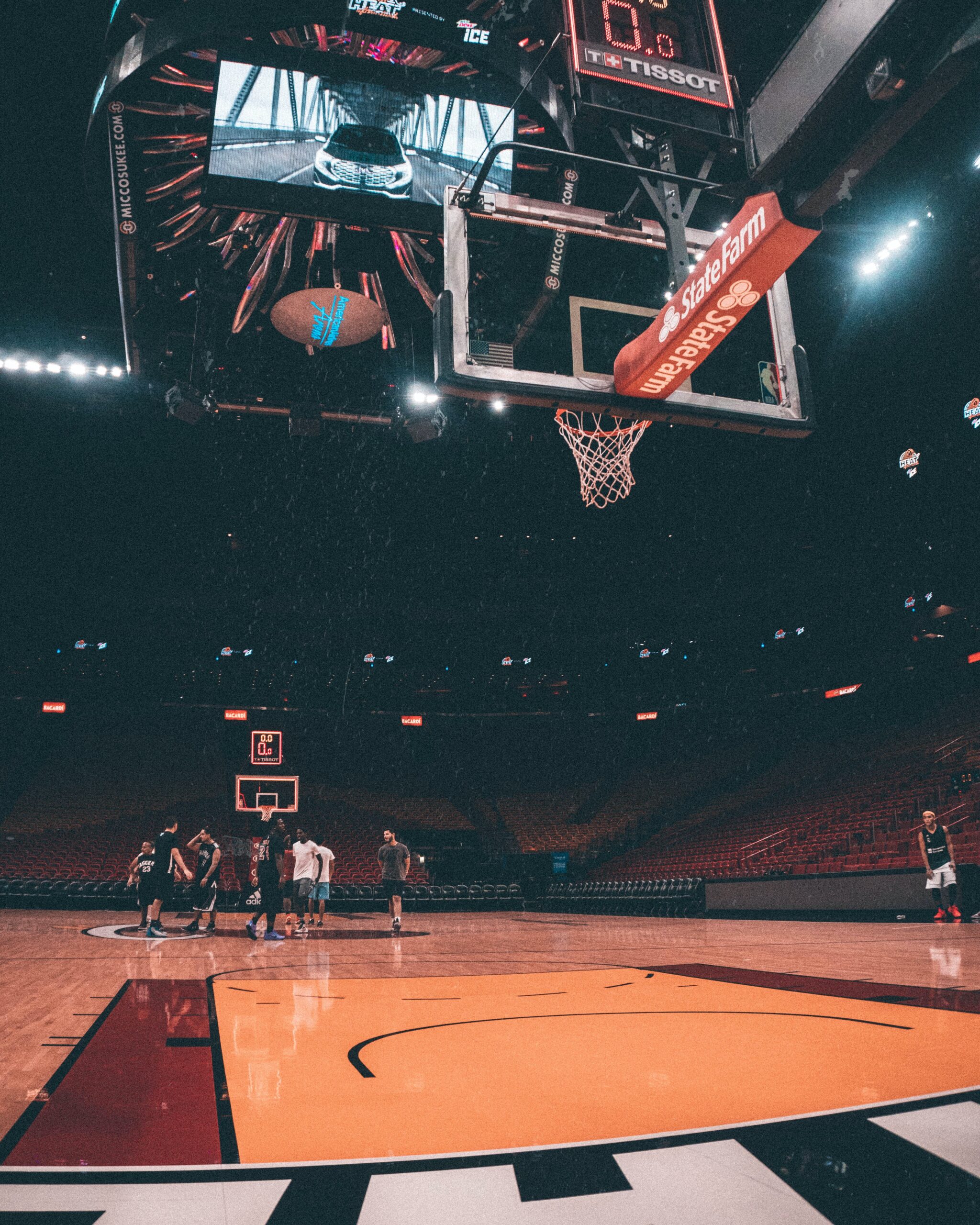By Jeremy Gonzalez, Co-Sports Editor
One long and excruciating month has passed since all sports were put on hold in the wake of COVID-19 sweeping the nation. The National Basketball Association was the first sports league to announce a suspension of their season on Wednesday, March 11 when Utah Jazz center Rudy Gobert tested positive for the disease moments before the Jazz’s game that evening.
Videos began to surface of Gobert at a press conference days before where he joked about contracting the virus and touched every microphone on the table before leaving the room. Gobert’s carelessness eventually came back to haunt him.
The NBA’s suspension of their season created a domino effect the following day as the MLS and NHL also suspended their seasons and the MLB postponed Opening Day until further notice. The XFL canceled the remainder of the 2020 season and even declared bankruptcy on Monday April 13.
With no sports action in the U.S. for the past month, the question has to be asked: did the NBA overreact by suspending the remaining portion of their regular season?
I will go out on a limb and say they absolutely did not overreact, and I’ll go a step further and say they could not have suspended the season at a better time.
When the World Health Organization and different health experts advised to avoid large crowds of people to prevent the spread of coronavirus, the sports industry knew it would be affected immediately and leagues began to brainstorm possible ways to keep sports up and running while also complying to the recommendations by the W.H.O. and health experts.
The idea of continuing each sport’s season without fans and behind closed doors seemed to be the most ideal solution. Sports would continue as normal and it would stop the spread of the coronavirus. It seemed like the industry was going to take that route, but Gobert testing positive for COVID-19 erased the idea.
Even while playing in arenas and stadiums with no crowds, the athletes and staff from each team would be at great risk of contracting COVID-19 by continuing to travel, so leagues deemed it best to suspend their respective season.
Had each sport continued to march on through the pandemic, it is very likely that the number of cases in the United States would be up substantially.
If you want to see what the potential damage of waiting to cancel sports can do, just take a look at Europe’s situation.
It has been greatly affected by the coronavirus outbreak and soccer was facilitating further devastation by continuing to stage games with or without fans.
In the English Premier League, by the second week of March, players from different teams were quarantined. The league was preparing to move forward into another weekend of action before Arsenal manager Mikel Arteta tested positive. After that point, soccer in the country was halted but the damage had already been done.
And that’s just the clubs. The weekend of matches before the league was suspended attracted approximately 400,000 spectators into the stadiums. Liverpool had welcomed 3,000 Atletico Madrid supporters to Anfield for a Champions League match on March 11, the same day that coronavirus cases back in Spain rose by 80%.
The Italian first division, Serie A, suspended the season when the country had 9,172 confirmed cases. Soccer undeniably accelerated the rapid spread of the disease in the country.
There were only three confirmed cases when Atalanta from Bregamo, Italy hosted Spanish side Valencia on Feb. 19 for a Champions League match. Atalanta’s home field was ruled ineligible for the match so supporters had to travel three hours to the San Siro stadium in Milan for the biggest game in the club’s history.
Those fans who didn’t have tickets for the game likely gathered in bars and at homes to celebrate the historic 4-1 victory, not knowing that their behavior would eventually affect the nation.
“If it’s true what they’re saying that the virus was already circulating in Europe in January, then it’s very probable that 40,000 [Atalanta fans] in the stands, all together, exchanged the virus between them,” Bregamo mayor Giorgio Gori said in a Facebook live chat with the Foreign Press Association in Rome, according to the Associated Press. “As is possible that so many [fans] that night got together in houses, bars to watch the match and did the same. Unfortunately, we couldn’t have known. No one knew the virus was already here. It was inevitable.”
Despite the chaos that surrounds sports in Italy, the rest of Europe and here in the U.S, the conversation constantly centers on when sports can be resumed.
Rushing sports back could spark an upsurge in coronavirus cases much like the 1918 Spanish flu that appeared in waves. COVID-19 bears similarities to how contagious that flu was, so a new rise in cases could occur when the stay at home order is lifted.
The transition into normal daily life must be gradual. Dr. Anthony Fauci, one of the leading medical experts for the Trump administration’s coronavirus task force believes the best way to resume North American sports is monitoring players and keeping fans out of arenas for the near future.
“There’s a way of doing that,” Fauci said to Snapchat’s Peter Hamby when asked about starting up sports again. “Nobody comes to the stadium. Put teams in big hotels wherever you want to play. Keep them very well surveilled, but have them tested. And make sure they don’t wind up infecting each other or their family and just let them play the season out.”
While sports fans remain hopeful on a return by mid to late summer, for the next few months at least, sports need to stay in the background as the fight against COVID-19 continues throughout the world.

